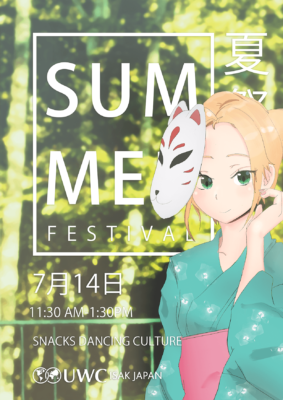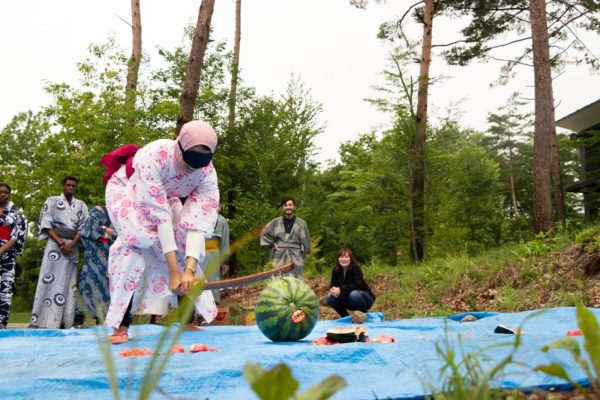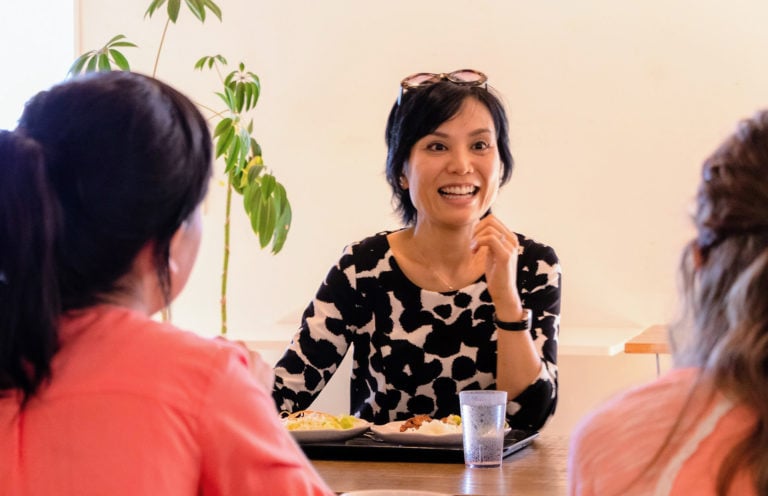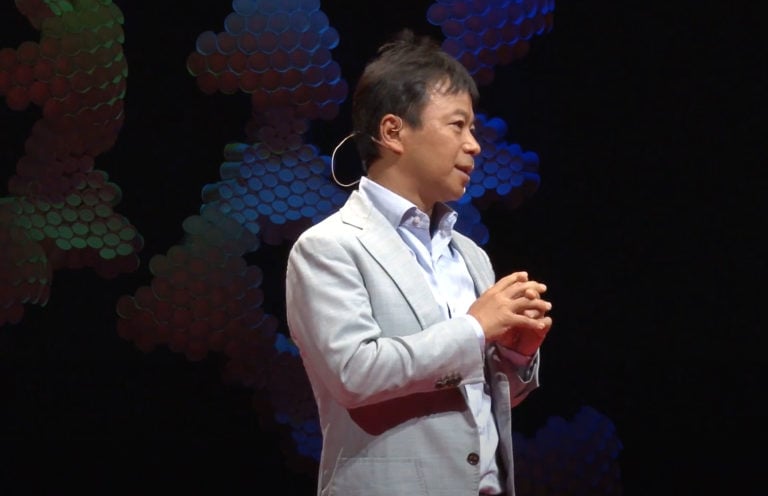Community Holds Surprise Summer Festival
No summer in Japan would be complete without a festival (“Natsu Matsuri” in Japanese). But in a post-pandemic world, sacrifices have been made and public gatherings have never been less-in-vogue. So, for those students on campus who have been unable to return home due to travel restrictions, even this diversion was off the table … or was it?
Our Second Family
For our students, the staff is part of their extended family, attending to the needs and concerns of our students. Scheduling taxis, going to the clinics, assisting with translation, and taking care of so many things behind the scenes. It is due to their continued diligence that our campus can operate so smoothly.
In a typical year, July would see our campus open for our life-changing Summer School program. We would wish our high school students off to enjoy time with their families. When COVID-19 struck, we decided to adjust our plans to protect the wellbeing and safety of our community. As a result, we kept our doors open for students trapped by travel restrictions, but trying to entertain highschoolers over the long summer was a new challenge for us (thankfully, they mostly kept themselves entertained).
Summer Festival 
Similar to that other hallmark of the Japanese calendar, the cherry blossom viewing party, which we enjoyed in May, the idea for the summer festival was the result of empathy and compassion. Having a summer festival was a way to help the students clear their minds and have fun. In a school where cross-cultural interaction is part of daily life, it was also a way the staff could share Japanese traditions with the rest of the community.
Japan’s summer festivals attract people from all over the world. With traditional clothes, food, music, and dancing it’s a great way to experience Japanese culture. The neighboring town of Miyota has a Dragon Festival, which is one of the highlights of Summer School. With public events being reduced in size or canceled all-together, the staff wanted to organize a festival of our own.
Festival Committee
While Summer Festivals are amazing, the act of putting one together, even on a small scale, is a monumental task. We are thankful to the members of the festival committee (Sanae, Kaori, Yumiko, Aya M, Shin, and Yuko) who volunteered their time to make this special experience possible for our students. There were a lot of discussions around what was possible and how certain games and activities could be adapted. They worked together and made a collaborative effort that translated well on the day of the event.

Event Day
Before our festival started our students dressed up in traditional Japanese yukata, and festival music played throughout campus. The smell of classical festival fares like takoyaki (octopus balls), yakisoba (fried noodles), and yakiniku (grilled meat) filled the air as the students began to forget about their worries. At the entrance to the festival, students were given a personalized hand-held fan to keep themselves cool in the summer heat. Shaved-ice and ramune drinks made the experience sweeter as the day transitioned from meals to games and activities before the Bon Dance. The day ended in a smashing finale, literally, with the suicawari event—the blindfolded watermelon smash!
“It felt really ISAKy”-Yumiko
It certainly was an event that is indicative of the ethos and culture of UWC ISAK Japan. Usually, we see this kind of initiative from the students, but this time it was the staff who took action for the students. This summer’s impromptu ISAK Natsu Matsuri was a testament that at UWC ISAK Japan, we don’t simply teach leadership skills to our students, but ask that all members of our community live out the school’s mission in their daily life and work.




